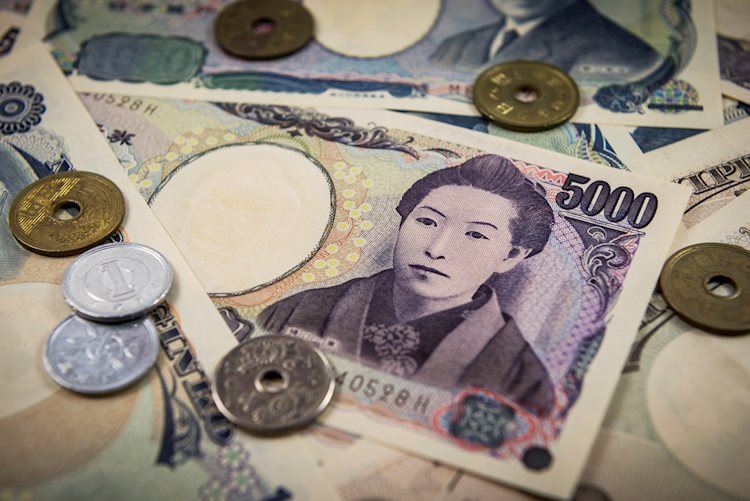- Sticky PCE Prices Index data and an unexpected decline in Jobless Claims have provided support to the US Dollar.
- Earlier today a hawkishly-tilted Ueda had pushed the Dollar the weekly lows right below 152.
- The pair consolidates near highs with all eyes on the NFP report.
The Dollar’s reversal witnessed during Thursday’s Europen session has found support at the 152.00 area. The pair has returned to levels close to 153.00 supported by sticky inflation and lower Jobless Claims data.
The US PCE Prices Index has kept growing at a 2.1% yearly pace, as widely expected. The core reading, with higher relevance from the monetary perspective, has remained steady at 2.7% against expectations of a 2.6% reading.
Beyond that, US Jobless claims declined to 216K in the week of October 25, against market expectations of an increase to 230K, from the upwardly revised 228K in the previous week (227K initially reported).
In Japan, BoJ’s Governour, Kazuo Ueda gave a fresh boost to the Yen earlier today. The bank kept interest rates unchanged but Ueda reiterated its commitment to normalizing monetary policy, hinting at a rate hike in December.
From a technical perspective, the pair remains moving within a horizontal range with investors awaiting Friday’s NFP data. Immediate support at 151.65. Below here, the next support is 150.60. Resistances are the previous support, at 152.77, and October’s peak, at 153.85.
Japanese Yen FAQs
The Japanese Yen (JPY) is one of the world’s most traded currencies. Its value is broadly determined by the performance of the Japanese economy, but more specifically by the Bank of Japan’s policy, the differential between Japanese and US bond yields, or risk sentiment among traders, among other factors.
One of the Bank of Japan’s mandates is currency control, so its moves are key for the Yen. The BoJ has directly intervened in currency markets sometimes, generally to lower the value of the Yen, although it refrains from doing it often due to political concerns of its main trading partners. The BoJ ultra-loose monetary policy between 2013 and 2024 caused the Yen to depreciate against its main currency peers due to an increasing policy divergence between the Bank of Japan and other main central banks. More recently, the gradually unwinding of this ultra-loose policy has given some support to the Yen.
Over the last decade, the BoJ’s stance of sticking to ultra-loose monetary policy has led to a widening policy divergence with other central banks, particularly with the US Federal Reserve. This supported a widening of the differential between the 10-year US and Japanese bonds, which favored the US Dollar against the Japanese Yen. The BoJ decision in 2024 to gradually abandon the ultra-loose policy, coupled with interest-rate cuts in other major central banks, is narrowing this differential.
The Japanese Yen is often seen as a safe-haven investment. This means that in times of market stress, investors are more likely to put their money in the Japanese currency due to its supposed reliability and stability. Turbulent times are likely to strengthen the Yen’s value against other currencies seen as more risky to invest in.
Read the full article here
